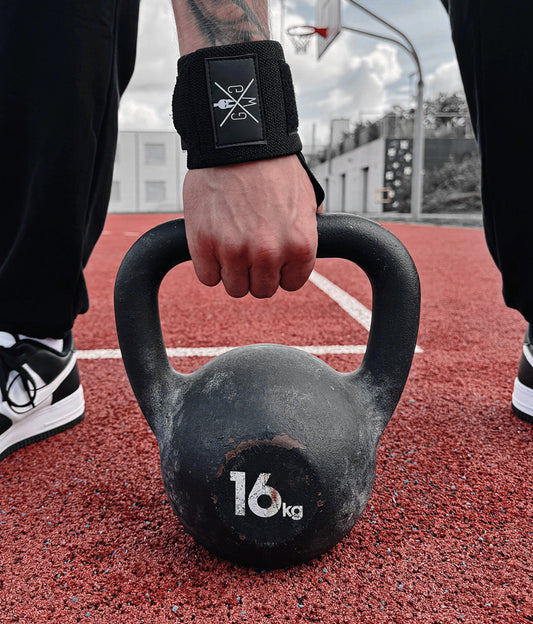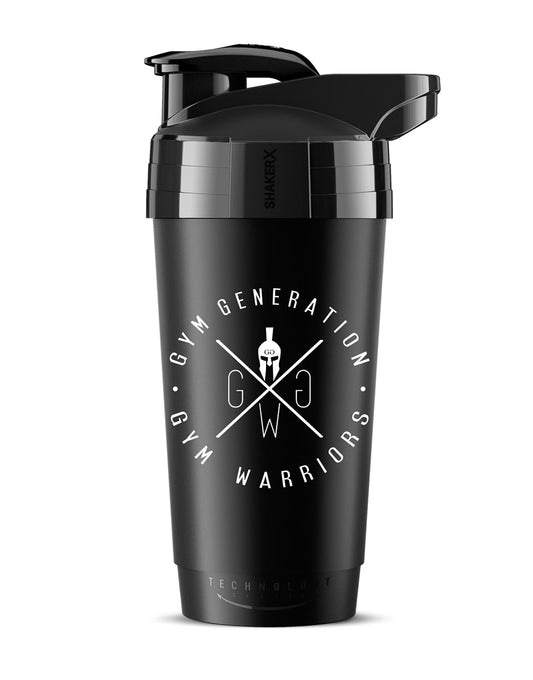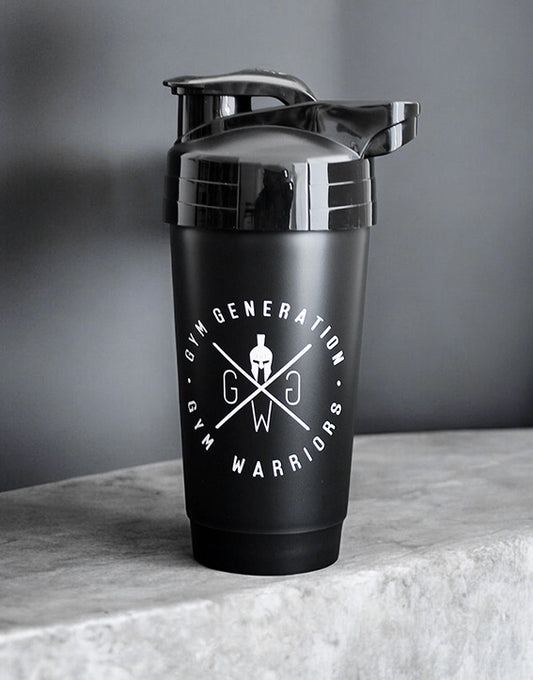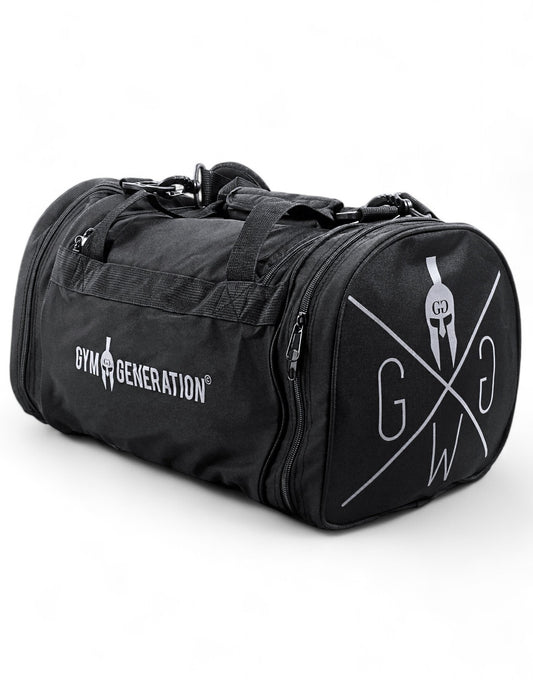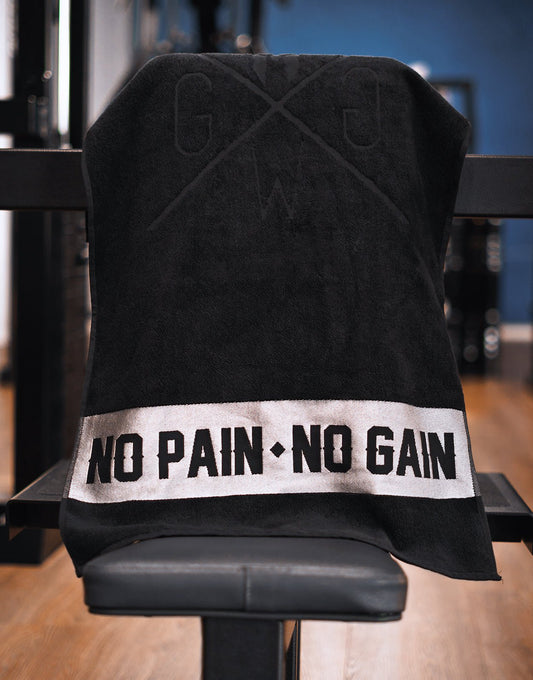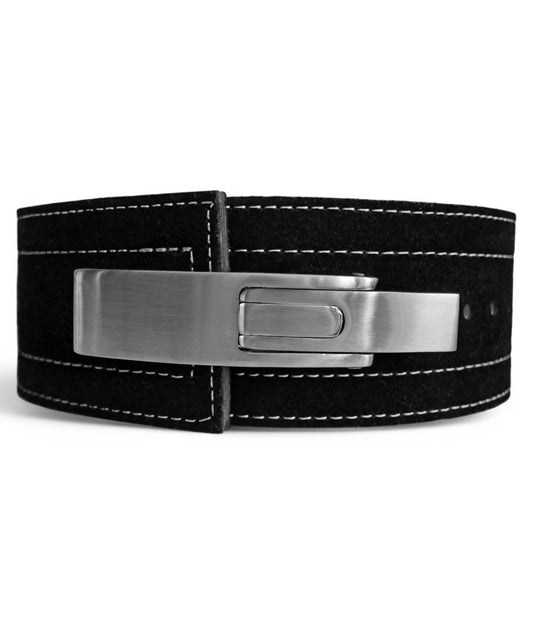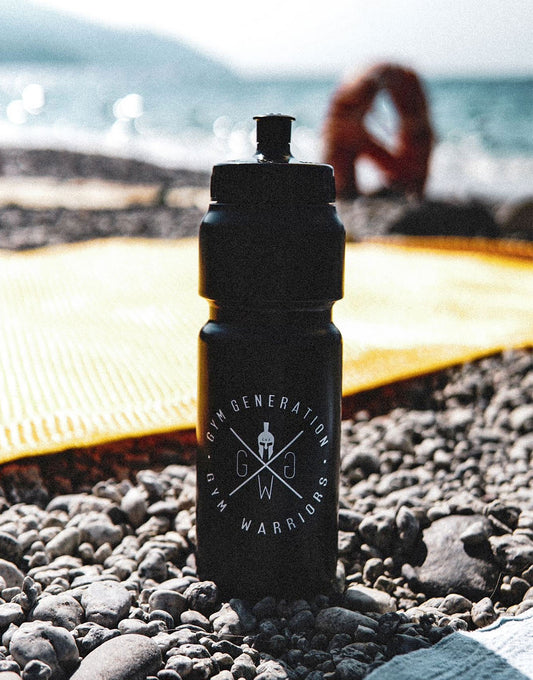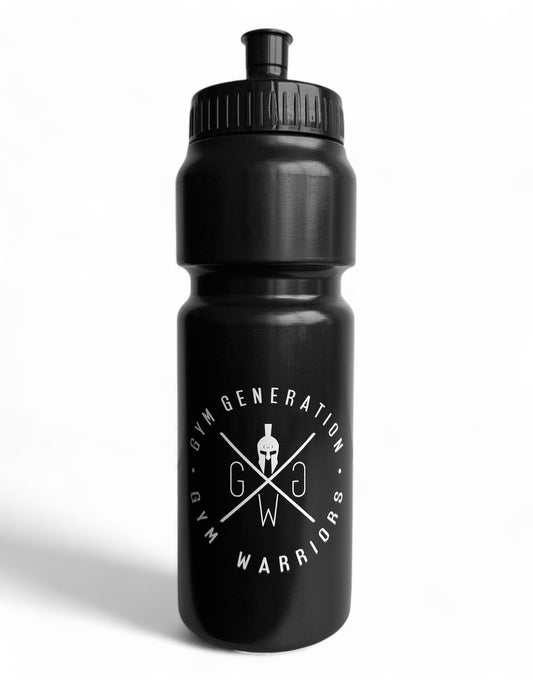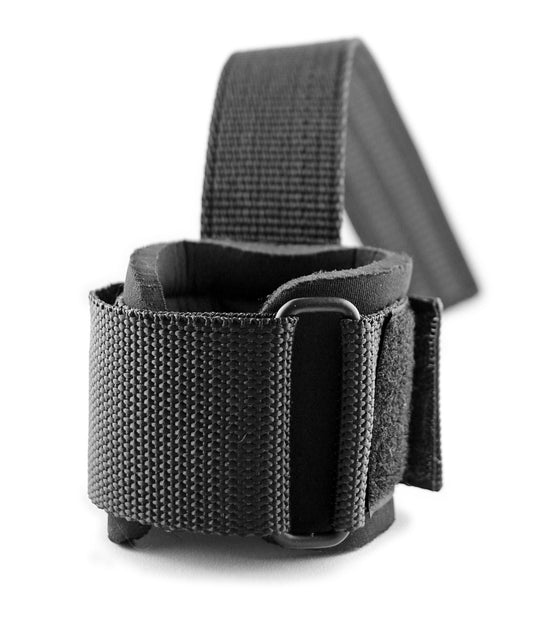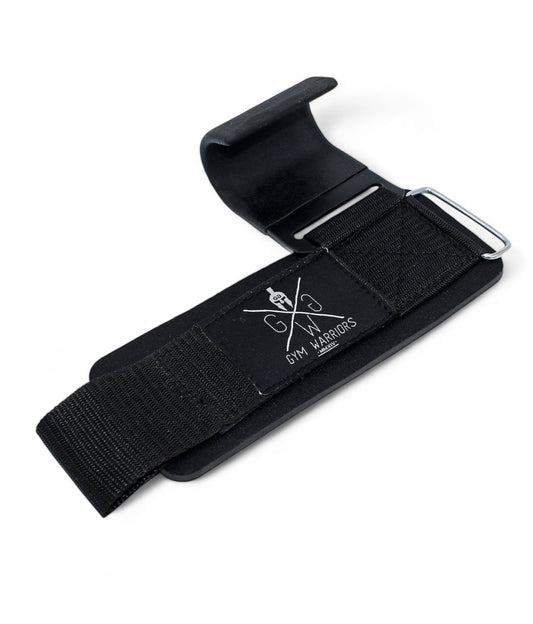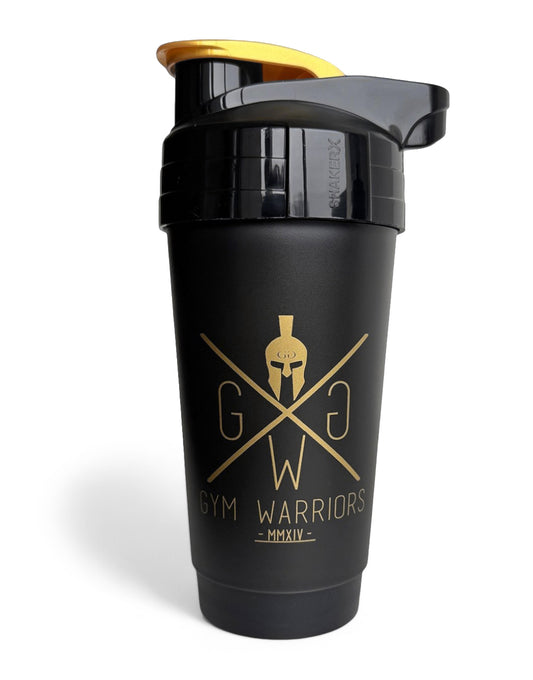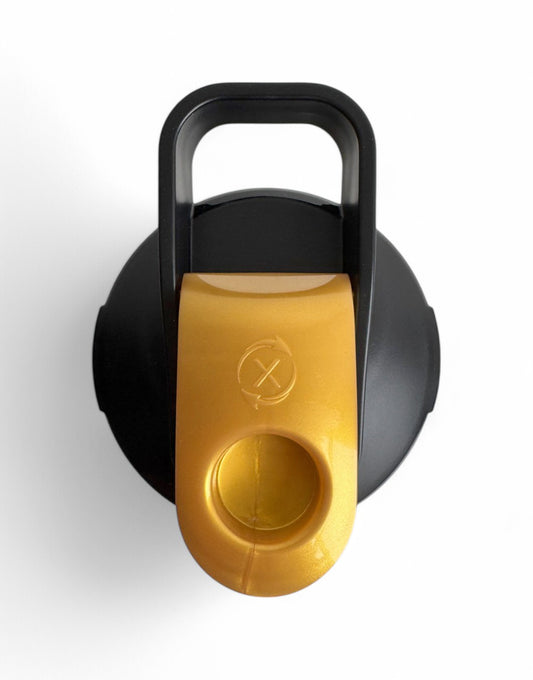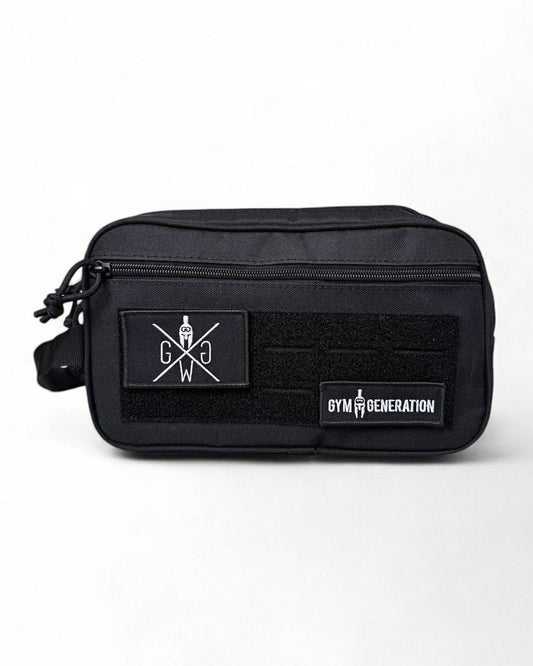
Boost Testosterone: The Ultimate Men’s Guide
How testosterone affects your body, mind, and life
Testosterone is much more than just the "male hormone." It influences your muscle growth, your libido, your energy, your focus—and even your stamina in life. But studies show that testosterone levels in men today are up to 50% lower than they were just a few decades ago. And this has massive consequences —even for young men.
It often starts gradually: less energy, no desire to exercise, poor sleep, less motivation. But hardly anyone immediately thinks of hormones . That's precisely why it's so important to understand your body – and know what you can do about it.
You can increase your testosterone levels naturally – through diet, training, lifestyle, and targeted supplements. This guide provides you with all the scientifically based facts, myths, tools, and methods you need to know.


What is testosterone anyway?
The role of the most important androgen
Testosterone is a steroid hormone belonging to the androgen group—the hormones responsible for masculine characteristics. It is produced primarily in the testes in men and, in women, in smaller amounts in the ovaries and adrenal glands .
Testosterone affects:
• Muscle building & regeneration
• Fat burning & body composition
• Libido & erectile function
• Mood & Motivation
• Bone strength
• cognitive performance
Free vs. total testosterone
The majority of testosterone in the blood is bound to proteins (SHBG, albumin). Only about 1–3% is free and biologically active . And it's precisely this free testosterone that determines your power – not just the total amount.
Note: High SHBG levels can lead to symptoms of deficiency despite a "normal" total level. Therefore, free testosterone is the key marker .


Symptoms of testosterone deficiency
The silent signs – often overlooked
A testosterone deficiency usually develops gradually – and is often confused with "stress," "age," or "burnout." But the sooner you recognize that your hormone balance is out of balance, the better you can counteract it.
Typical physical symptoms:
• Loss of muscle mass & strength
• Belly fat despite training
• Reduction in body hair
• Gynecomastia (male breast development)
Psychological symptoms:
• Listlessness, irritability, mood swings
• Concentration problems
• Sleep disorders
• depressive moods
Sexual symptoms:
• Reduced libido
• Erection problems
• slow recovery after sex or training
Important: Young men under 30 can also be affected – especially due to stress, lack of sleep, alcohol, poor diet and environmental toxins.

Causes of low testosterone levels
Why your testosterone is low today – even if you seem healthy
The modern world is an assault on your testosterone levels. Even if you're active and eat "normally," there are many invisible factors that sabotage your hormone balance. Many men today walk around with suboptimal levels – without even knowing it.
1. Chronic stress & high cortisol
Cortisol – the stress hormone – is the natural counterpart to testosterone. Chronic stress from work, overstimulation, emotional conflicts, or lack of sleep leads to permanently elevated cortisol levels , which directly inhibits your testosterone production.
→ The more stress, the less testosterone – biochemically proven.
2. Lack of sleep & disturbed biorhythm
Testosterone is primarily produced at night during deep sleep —specifically, the REM phase. People who sleep less than six hours or constantly change their sleep patterns (e.g., due to late-night cell phone use) have been shown to produce less testosterone .
Studies show: Just 1 week with <5 hours of sleep can reduce testosterone levels by up to 15–30% .
3. Obesity & insulin resistance
Fat tissue—especially in the abdomen—converts testosterone into estrogen. At the same time, obesity increases insulin resistance, which further disrupts hormone production. The result: less testosterone, more estrogen, more fat—a vicious cycle.
4. Environmental toxins & xenoestrogens
Plastic, pesticides, cosmetics, soy – many everyday substances contain so-called xenoestrogens . These act like female hormones in the body and lower your androgen receptors.
Critical are:
• BPA (in plastic bottles, cans, receipts)
• Parabens & Phthalates (in shower gel, deodorant, shampoo)
• Plasticizers in packaging
• Glyphosate in food
5. Poor nutrition
A deficiency in important micronutrients such as zinc, magnesium, vitamin D, boron or healthy fats massively slows down your body's testosterone production.
Problematic are:
• Low-fat diets
• Soy products (high in phytoestrogens)
• Alcohol (especially beer: contains phytoestrogens and inhibits liver detoxification)
• Sugar & refined carbohydrates (insulin spikes lower testosterone)
6. Lack of exercise or too much endurance sports
People who barely exercise don't stimulate testosterone production. But too much endurance training (e.g., marathon running) can also lower testosterone – through increased cortisol, catabolic processes, and micronutrient depletion.
Better:👉 Strength training, short intense loads, regeneration.
Many of these causes operate subconsciously—but when combined, they have a powerful effect. The good news: Almost all of them can be reversed.
Increase testosterone naturally – the best methods from science and practice
No pills, no fake boosters – but real biochemical levers
Your body is designed to produce testosterone . You just have to let it. With the right diet, targeted training, a clean lifestyle, and well-thought-out supplements, you can sustainably optimize your hormone balance – without pharmaceuticals.
🥩 Nutrition: Building blocks for your testosterone levels
1. Healthy fats = testosterone raw material
Cholesterol is the basic substance for testosterone. Eating too little fat reduces its production.
Top fat sources:
• Egg yolk
• Red meat (organic/pasture-fed)
• Avocados
• Coconut oil, olive oil
• Nuts & seeds (especially Brazil nuts)
2. Zinc – the key factor
Zinc deficiency immediately reduces testosterone production.
Zinc-rich foods:
• Oysters
• Beef
• Pumpkin seeds
• Lenses
• Eggs
3. Other micronutrients:
Magnesium: improves sleep & lowers SHBG
Vitamin D3: acts like a hormone – important for Leydig cells
Boron: lowers SHBG, increases free testosterone
Selenium: protects testicular function, antioxidant
Omega-3: inhibits inflammation, promotes hormone balance
Tip: Eat three wholesome, nutrient-rich meals a day , with real food and no junk food. Avoid plastic packaging , soy, sugar, trans fats, and alcohol.
🏋️ Training: The fastest way to more testosterone
1. Heavy strength training = testosterone kick
Short, intensive sessions of basic exercises activate the maximum hormone response.
Top exercises:
• Squats
• Deadlifts
• Bench press
• Military Press
• Pull-ups
2. Short, intense exercise > endurance
HIIT or sprints twice a week boost testosterone more than jogging.
3. Training principle:
• 3–4 units per week
• 45–60 minutes per session
• Heavy, short, explosive
• Slow, controlled negative phase
😴 Sleep & Recovery: The Hormone Booster #1
While you sleep, your testosterone is produced.
80-90% of daily production takes place between 2 and 7 a.m. – assuming you sleep deeply and long enough.
Optimal conditions:
• 7–9 hours of sleep
• No blue light 1 hour before sleep (mobile phone, TV, PC)
• Dark, quiet, cool room
• No alcohol before bed
• Regular rhythm
🥩 Protein – the underrated hormone booster
Protein isn't just for muscles – it provides essential amino acids that your body needs for hormone production. Leucine, arginine, and tyrosine, in particular, support the production of testosterone, growth hormone, and neurotransmitters. Eating too little protein signals stress to the body – and this lowers testosterone.
Recommendation:
• 2–2.5 g protein per kg body weight
• Whey isolate, eggs, meat, fish & high-quality vegan mixed sources
• in case of deficiency: protein shakes are useful
🧠 Mindset, sunlight & sexuality
1. Increase dominance & self-confidence Testo
Psychology affects biochemistry. Men with self-confidence, purpose, and clarity have measurably higher testosterone.
2. Sunlight & Vitamin D
20-30 minutes of direct sun on skin daily = more testosterone (via vitamin D hormone production).
3. Sexual energy = Testo energy
Regular, fulfilling sex without pornography consumption can increase testosterone levels. Chronic depletion (dopamine + prolactin) lowers them.
🌿 Plants & Adaptogens: Nature's Boost
These natural substances have scientifically proven effects:
| plant | Effect |
|---|---|
| Ashwagandha | reduces cortisol, increases testosterone & fertility |
| Tongkat Ali | increases free testosterone, libido, energy |
| Tribulus Terrestris | slightly effective, more like a placebo in healthy people |
| Maca | increases libido & sperm quality |
| ginseng | adaptogen, increases energy & sexual function |
Important: Always buy standardized extracts with an indication of the active ingredient content.
💊 Supplements: What really works – and what doesn’t
Useful (in case of shortage):
• Zinc (25–50 mg)
• Magnesium (e.g. citrate, 300-400 mg)
• Vitamin D3 + K2 (5000 IU + 200 mcg)
• Boron (3–6 mg)
• Ashwagandha (500-1000 mg KSM-66)
• Omega-3 (2–3 g EPA/DHA)
Unnecessary or overhyped:
• D-aspartic acid (short-term only)
• Tribulus (little effect in healthy people)
• Booster mixes with 20 ingredients & zero effect

Testosterone FAQ & Myths: What's Really True
1. “A lot of testosterone makes you aggressive!”
Fact: There is no direct connection between high testosterone levels and aggressive behavior. On the contrary: Men with balanced testosterone are often more stable, clear-headed, and socially dominant —but not prone to outbursts.
→ Aggression often results from a lack of testosterone because of a lack of self-esteem, energy and stimulus control.
2. “Masturbation lowers testosterone.”
Fact: A single ejaculation has no significant impact on your long-term testosterone levels. What does make a difference, however, is chronic pornography consumption .
• Porn depletes your dopamine system
• Permanent prolactin activation inhibits testosterone
• Real sexuality remains understimulated
NoFap is n't magical , but it can help reset your hormones and bring back your libido.
3. “Soy is harmless – just a myth.”
Fact: Soy contains phytoestrogens (especially genistein), which can bind to estrogen receptors. In small amounts, this isn't a problem. However, those who regularly consume soy milk, tofu, soy protein, etc. can alter their androgen balance—especially if their testosterone levels are already low.
4. “A beer in the evening doesn’t hurt!”
Fact: Alcohol lowers your testosterone production – especially regular consumption .
Beer also contains phytoestrogens (hops) and puts a strain on your liver and sleep. Both kill your testosterone.
5. “The older you get, the less testosterone you have—normal.”
Fact: Testo does decrease with age – but not necessarily .
With the right lifestyle, you can have testosterone levels like a 25-year-old, even at 50+. Exercise, nutrition, sleep, and hormone protection make all the difference.
6. Can you increase testosterone through fasting?
Yes , especially through intermittent fasting .
It lowers insulin, increases growth hormone, and activates autophagy. This relieves stress on the system and can naturally improve testosterone. Long-term fasting, on the other hand, can have the opposite effect if you're under too much stress.
7. Is Ashwagandha really that effective?
Yes – clinically proven multiple times.
Studies show:
• Reduction of cortisol by up to 30%
• Increase in testosterone (especially in stressed men)
• Increased sperm count & libido
But: Only with the correct dosage and standardized KSM-66 or Sensoril extract.
8. How quickly can testosterone be increased?
Depending on the initial situation:
• Sleep + nutrition + training → noticeable effects after 4–8 weeks
• Correct micronutrient deficiencies → measurable in a few days
• Plants & Supplements → 2–6 weeks until effect
→ If implemented consistently, a man can increase his testosterone levels by 100–300% – completely naturally.
9. Why is testosterone deficiency so rarely discussed?
• Because it is a taboo subject (masculinity, potency, weakness)
• Because many doctors only look at reference ranges, not at symptoms
• Because more money can be made with pharmaceutical testosterone and "Low-T" marketing than with real root cause treatment
TRT (Testosterone Replacement Therapy): Useful or risky?
Testosterone replacement therapy (TRT) involves administering testosterone to the body externally—usually in the form of injections , gels , implants , or patches . It is used when hypogonadism is diagnosed and natural treatments are insufficient.
When can TRT be useful?
• Medically confirmed deficiency with low free and total testosterone
• Significant symptoms despite lifestyle optimization
• Proven impaired function of the testes or pituitary gland (e.g. primary hypogonadism)
• If quality of life and function are significantly impaired
What you need to know before choosing TRT
1. The HPTA shutdown
Exogenous testosterone suppresses the body's own production. The hypothalamic-pituitary-testicular (HPTA) axis is inhibited by negative feedback. Without a medically supervised protocol (e.g., with hCG or clomiphene), natural production can decline permanently .
2. Long-term consequences and monitoring
• Need for regular blood tests
• Increased risk of polycythemia (too many red blood cells)
• Influence on blood lipids, blood pressure, PSA value
• Partial reduction in fertility (sperm count ↓)
3. Legal & ethical aspects
In many countries, TRT is legal for medical use—but it's often marketed in a borderline manner in the recreational or anti-aging scene. A reputable physician will not recommend "lifestyle TRT" without a thorough diagnosis.
TRT is not a "shortcut," but rather a medical hormone therapy with clear rules and risks . In certain cases, it can significantly improve quality of life and vitality – but it must always be supervised by experienced specialists and considered individually. All natural options should be exhausted before making any decision.
Conclusion: Testosterone is more than a hormone – it is your foundation
An optimal testosterone level represents: clarity. strength. presence. energy. libido. focus. resilience. masculinity.
In a world that increasingly suppresses these qualities—biochemically and socially—it is your responsibility to reclaim them.
Not about pills or phrases – but about real knowledge, daily practice and radical self-responsibility.
This guide is your toolbox. Now it's up to you to implement it.
